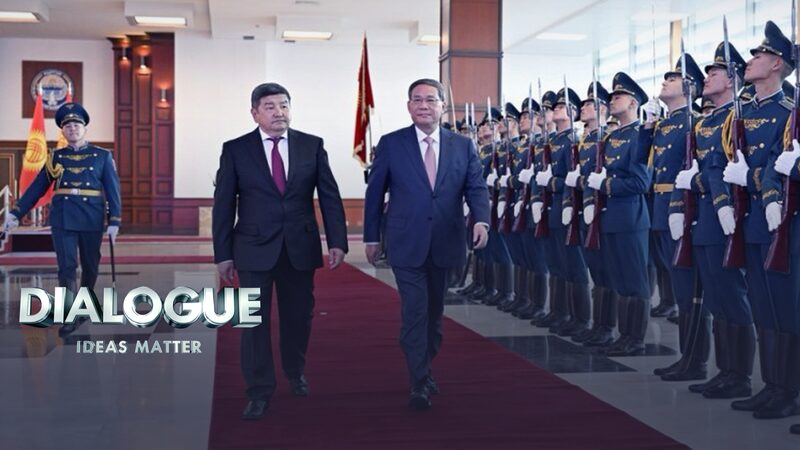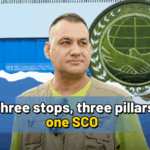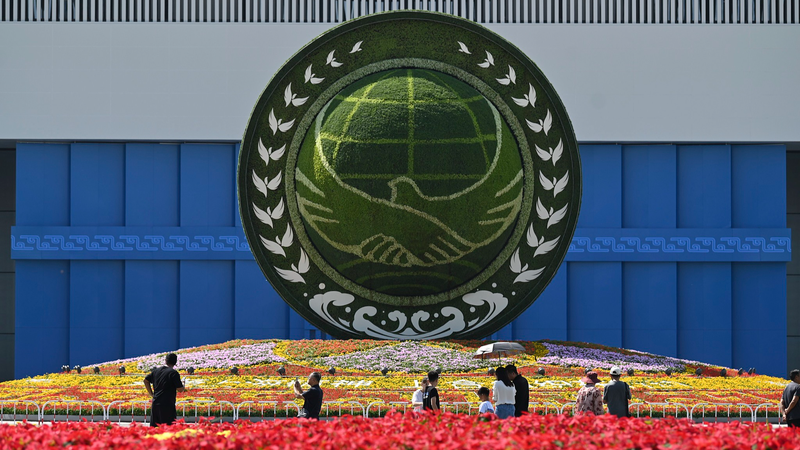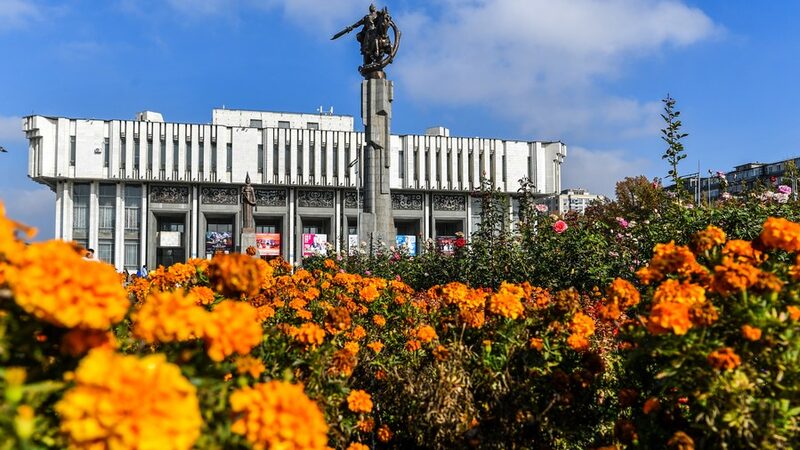Chinese Premier Li Qiang joined leaders from across Eurasia in Bishkek this week for the 22nd Shanghai Cooperation Organization (SCO) summit, where boosting cross-border connectivity and tackling modern challenges took center stage. With geopolitical tensions rising globally, the meeting highlighted how Central Asia is becoming a hotspot for innovative diplomacy – think climate resilience projects and AI-driven trade corridors. 💡🚂
Key Agenda: From Energy to E-Commerce
The SCO, founded in 2001, now spans 40% of the world’s population. This year’s talks focused on green energy partnerships and digital infrastructure upgrades. “Central Asia isn’t just a crossroads anymore – it’s a testing ground for 21st-century solutions,” said Djoomart Otorbaev, former prime minister of the Kyrgyz Republic.
Why It Matters Now
With conflicts raging elsewhere, SCO members like Kazakhstan and Uzbekistan are pushing “non-Western models of development,” noted security analyst Mark Sleboda. Meanwhile, Professor Victor Gao Zhikai emphasized the group’s cultural angle: “When China and Central Asia collaborate on AI education programs, it’s not just tech – it’s trust-building.”
Fun fact? The SCO’s new blockchain-powered trade platform could streamline customs processes across 10+ time zones. Talk about a digital Silk Road! 🛣️💻
Reference(s):
Exploring the Significance of the SCO Meeting in Central Asia
cgtn.com






